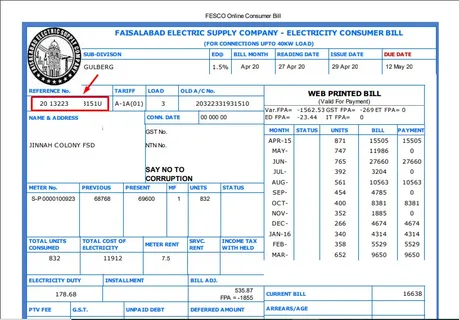
In today’s world, managing household expenses is crucial, and electricity bills often take a significant chunk of our budgets. Fortunately, there are several strategies you can adopt to reduce your electricity consumption and save money. This article outlines practical tips to help you lower your electricity bill effectively.
1. Use Energy-Efficient Appliances
Investing in energy-efficient appliances can lead to substantial savings over time. Look for products with the ENERGY STAR label, which indicates they meet energy efficiency guidelines set by the U.S. Environmental Protection Agency. These appliances use less electricity while maintaining high performance.
2. Unplug Unused Devices
Many electronic devices continue to draw power even when they are turned off. This phenomenon, known as “phantom load,” can add to your electricity bill. To combat this, unplug devices such as chargers, computers, and televisions when they’re not in use, or use power strips that can be turned off easily.
3. Utilize Natural Light
Take advantage of natural light during the day to reduce reliance on artificial lighting. Open curtains and blinds to let sunlight in, and consider painting walls in lighter colors to enhance light reflection within your space.
4. Adjust Your Thermostat
Heating and cooling account for a significant portion of energy consumption. Set your thermostat a few degrees higher in the summer and lower in the winter. Additionally, consider investing in a programmable thermostat that automatically adjusts the temperature based on your schedule.
5. Seal and Insulate Your Home
Proper insulation helps maintain a comfortable indoor temperature, reducing the need for heating and cooling. Check for drafts around windows and doors, and seal gaps with weatherstripping or caulk. Insulating your attic and walls can also significantly impact your energy consumption.
6. Limit Hot Water Use
Heating water is another significant contributor to energy costs. To reduce hot water consumption, take shorter showers, fix leaks, and insulate your water heater and pipes. You can also consider using a low-flow showerhead to minimize water usage.
7. Use Energy-Saving Light Bulbs
Switching from incandescent bulbs to LED or CFL bulbs can significantly reduce your electricity consumption. These energy-efficient bulbs use up to 80% less energy and have a longer lifespan, resulting in lower electricity bills.
8. Conduct Regular Maintenance
Regular maintenance of your heating and cooling systems can improve efficiency. Clean or replace filters as needed and schedule professional inspections to ensure your systems are operating optimally.
9. Monitor Your Usage
Keeping track of your electricity usage can help you identify patterns and areas for improvement. Consider using smart meters or energy monitors that provide real-time feedback on your consumption.
10. Educate Your Household
Ensure that everyone in your household understands the importance of conserving energy. Encourage family members to adopt energy-saving habits, such as turning off lights in unused rooms and being mindful of appliance use.
Conclusion
Reducing your electricity bill doesn’t have to be a daunting task. By implementing these practical tips, you can significantly lower your energy consumption and save money in the long run. For more detailed strategies and insights on how to manage your electricity usage effectively, visit Tips to Reduce Your Electricity Bill.
Taking small steps today can lead to substantial savings tomorrow!







